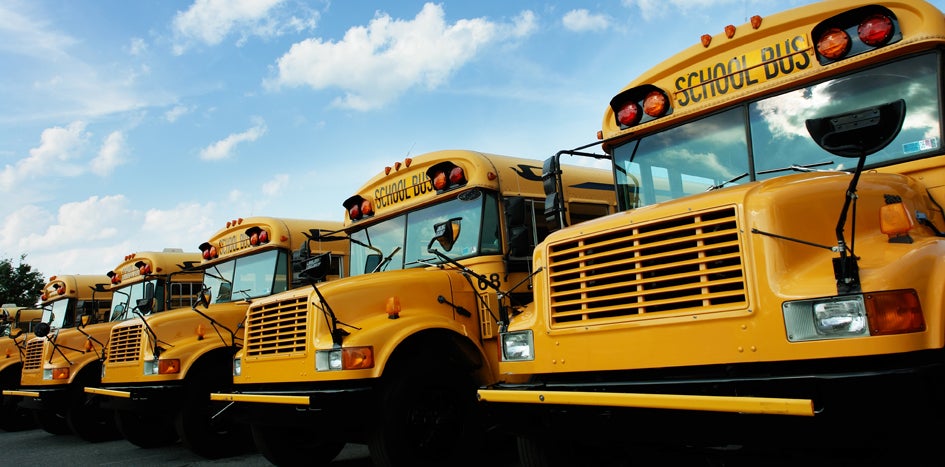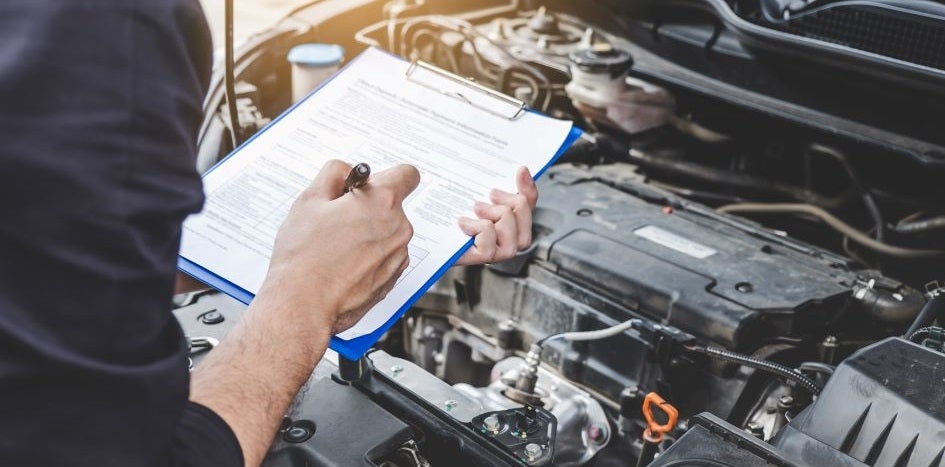Spring Cleaning Checklist for a Safer Summer
As the end of the school year approaches, spring cleaning is top of mind for many campuses. Whether it’s preparing classrooms for summer renovations or tackling deep cleaning before the break, safety should be a top priority.
Cleaning up and clearing out can introduce new risks like heavy lifting, slipping hazards, and crowded workspaces, to name a few. Use this “Spring Cleaning Checklist” to reduce those risks while wrapping up the school year.
1. Lift Safely
Lifting and moving boxes, books, and furniture is one of the most common sources of injury during spring cleaning:
- Schedule a safe lifting safety refresher for relevant staff.
- Encourage staff to ask for help with heavy items.
- Use carts, dollies, or hand trucks whenever possible.
- Remind everyone to lift with their legs, not their back, and keep loads close to the body.
2. Keep Floors Dry and Clear
Slips, trips, and falls are the leading cause of workplace injuries, and freshly cleaned floors can be a major culprit:
- Ensure staff have all necessary personal protective equipment and proper footwear depending on the task.
- Go slow and pay close attention when conducting especially hazardous tasks like mopping, stripping, and waxing floors.
- Use “Wet Floor” signage generously and remove it only after surfaces are fully dry.
- Clean up spills immediately.
- Keep paths of travel clear of personal items, packed boxes, and stacked furniture.
3. Make Ladder Safety Non-Negotiable
Whether changing lightbulbs or removing posters from classrooms, never use chairs or desks as substitutes for ladders in safe working condition:
- Use only approved ladders or step stools with slip-resistant feet.
- Don't carry heavy items up ladders. Ask someone to pass them to you.
- Use the appropriate ladder type and size that fits the task at hand.
- Inspect ladders regularly and retire any with damaged steps or loose parts.
4. Protect Yourself During Repetitive Tasks
Extended scrubbing, reaching, or vacuuming can lead to repetitive strain injuries:
- Mop small segments in front of you, pushing side to side and keeping the mop close to shoulder’s wide.
- Establish a starting and finishing spot for mopping an area so you don’t mop yourself into a corner.
- Avoid increased compression on the spine and neck by vacuuming with the machine close to the front-center part of your body and at waist height.
- Adjust and wear backpack vacuums properly to maintain an appropriate fit.
Wrap Up Safely to Start the Summer Right
By keeping safety top of mind and supporting staff with the tools and training they need, school leaders protect people, preserve property, and pave the way for a smooth summer. Need help building a safer cleaning plan? Train your team in minutes with Fund Safety Kits, and reach out to your regionally based risk solutions consultant for guidance, training, and support.

Jala Mason
Jala Mason serves as communications specialist for TASB Risk Management Services. After earning her bachelor's in broadcast journalism, she served as a multimedia specialist at Manor ISD, where her responsibilities included producing a weekly district recap show, coordinating marketing campaigns, and designing graphics.
You May Also Like…
View All Related Insights
The Basics of School Fleet Management
Your community relies on your district's vehicles, so take care of your buses, trucks, and cars with these fleet management basics.

Want to Worry Less About Data Breaches?
The accidental release of sensitive information can tarnish your organization’s reputation. Data loss prevention tools help ensure that when employees make mistakes, technology has your back.

Elements of Accident Prevention Plans
An accident prevention plan can keep employees safe at work and keep them from taking days off of work. We broke down how to create one and what to include.

Protect Your Fleet With a Preventative Maintenance Plan
If you want to protect your vehicles and their passengers, you need an effective preventative maintenance plan.
